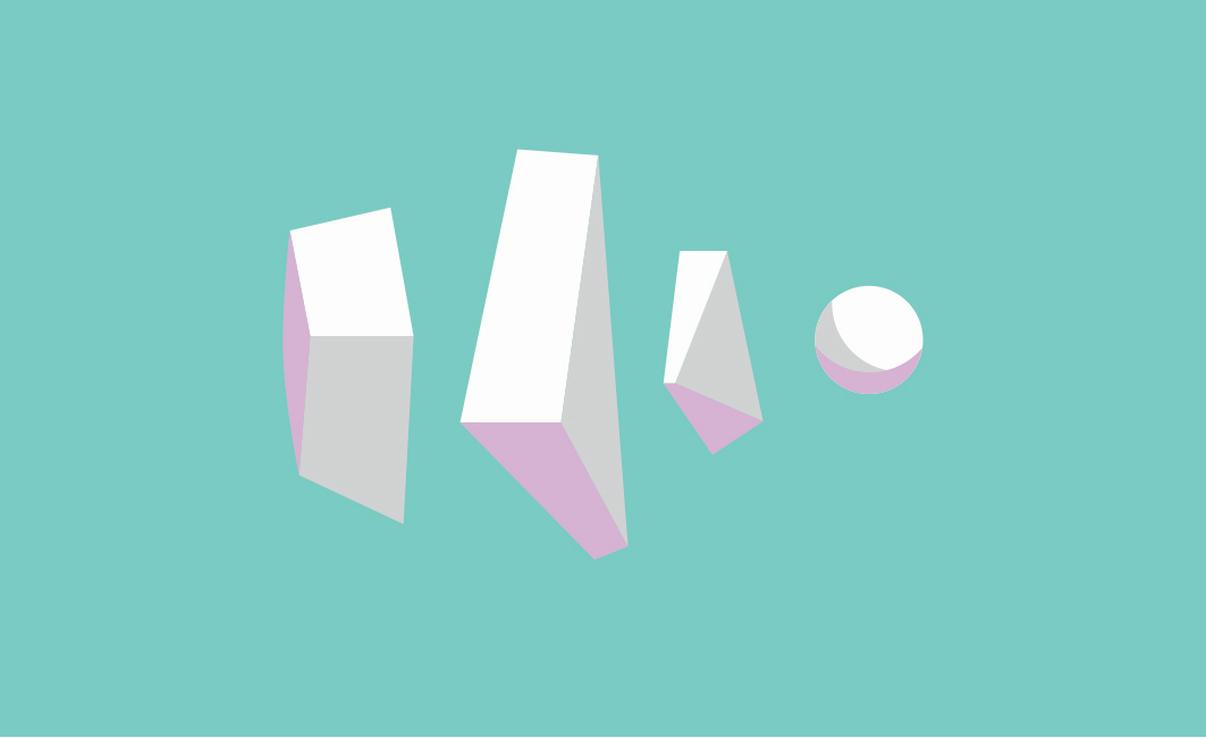What’s the Difference Between Habit and Addiction?
As a clinical hypnotherapist, one of the most common questions I get asked is: “What’s the difference between a habit and an addiction?” It’s a great question, and an important one, too.
After all, both habits and addictions can have a major impact on our lives, and telling the difference between the two can help us better understand our own behaviors and how to change them.
So, let’s explore the differences between habits and addictions, shall we?
Habit vs. Addiction: The Basics
At their core, habits and addictions are both behaviors that we engage in repeatedly. The key difference between the two is the degree to which they control our lives.
Habits are behaviors that we engage in regularly, but they don’t necessarily have a negative impact on our lives. For example, brushing your teeth every morning is a habit. It’s something you do automatically, without really thinking about it, and it doesn’t have any negative consequences.
On the other hand, addictions are behaviors that we engage in compulsively, despite the negative consequences they have on our lives. For example, smoking cigarettes is an addiction. Even though smokers know that smoking is bad for their health, they continue to smoke anyway because they feel like they can’t stop.
Some people may also say that they feel an addiction has a certain level of compulsion attached to it as well and that they feel like they have no control over their behaviour. It feels almost as though it can be a matter of life or death if they don’t do that behaviour and to lead to feelings of anxiety and stress.
The Power of Habit
Habits are incredibly powerful. They allow us to do things automatically, without having to use up our limited willpower.
Think about it: if you had to consciously decide to brush your teeth every morning, it would be a lot harder to actually do it. But because it’s a habit, you don’t even have to think about it. You just do it. And that’s the power of habit.
Consider your entire morning routine. You probably do a routine close to identical every morning, even down to how you dry yourself off after a shower. At an unconscious level, these habits are beneficial because they provide a reliable and predictable outcome for you. Without them, life would potentially feel harder.
When we create good habits, we make positive changes in our lives without having to exert a lot of effort. That’s why so many self-help books focus on creating good habits. They know that habits are the key to making lasting change.
The Dark Side of Addiction
Addictions, on the other hand, are the dark side of habits.
They’re behaviors that we engage in compulsively, even when we know they’re bad for us.
Addiction takes the power of habit and turns it against us. Instead of using habits to make positive changes in our lives, addictions use habits to keep us trapped in negative behaviors. And the more we engage in those negative behaviors, the harder it becomes to break free.
I don’t know anyone who ever sets out to create an addiction. Often it starts as a coping mechanism to escape uncomfortable thoughts and feelings however, as a person relies upon that coping strategy more and more, they develop a dependence that keeps them feeling trapped.
As far as the unconscious mind is concerned, it still uses that strategy because it is predictable and reliable, and also because it may not know what else it can do to provide the same level of relief.
Breaking the Cycle
So, how do we break the cycle of addiction? Well, that’s where hypnosis and mindfulness come in.
Hypnosis is a powerful tool that can help us tap into the unconscious mind and reprogram our habits and behaviors. As we’ve mentioned before, the unconscious mind is the part of the mind doing the behaviour and so there isn’t much use in trying to create change through the conscious mind.
Instead, hypnotherapy can be useful to help work with the unconscious mind in creating new responses, building motivation to change, and practicing new behaviours for when those challenging situations rise up in the future.
Mindfulness, on the other hand, is all about being present in the moment and observing our thoughts and feelings without judgment. When we’re mindful, we’re better able to recognize the triggers that lead us to engage in our addictive behaviors. And once we recognize those triggers, we can start to change our responses to them.
The Bottom Line
So, what’s the difference between a habit and an addiction? At their core, both habits and addictions are behaviors that we engage in repeatedly.
The difference is that habits are behaviors that we engage in regularly, but they don’t necessarily have a negative impact on our lives, while addictions are behaviors that we engage in compulsively, despite the negative consequences they have on our lives.
The good news is that both habits and addictions can be changed with the right tools and techniques.
Hypnosis and mindfulness are just two of the powerful tools that we can use to break the cycle of addiction and create positive, lasting change in our lives. By working with a trained hypnotherapist, such as Release Hypnosis, we can learn how to access our subconscious mind and reprogram our habits and behaviors. And by practicing mindfulness, we can become more aware of our thoughts and feelings and learn how to respond to them in a healthier way.
While habits can be powerful tools for making positive changes, addictions can keep us trapped in negative behaviors. By learning how to recognize and break the cycle of addiction, we can create new, positive habits that lead to a happier, healthier life. And with the help of hypnosis and mindfulness, we can make that change a reality.
So, let’s hypnotize our way to understanding, and start creating the life we want today.
Book Your FREE 30 Minute Consultation With Release Hypnosis NOW!
You may also like to read:
How To Stop The Negative Thoughts From Taking Control
The Mindfulness Toolkit
Isn’t It Time To Tell That Smoking Habit To Butt Out Of Your Life?
Unlock The Power Of Your Mind With a Hypnosis Audio Recording








